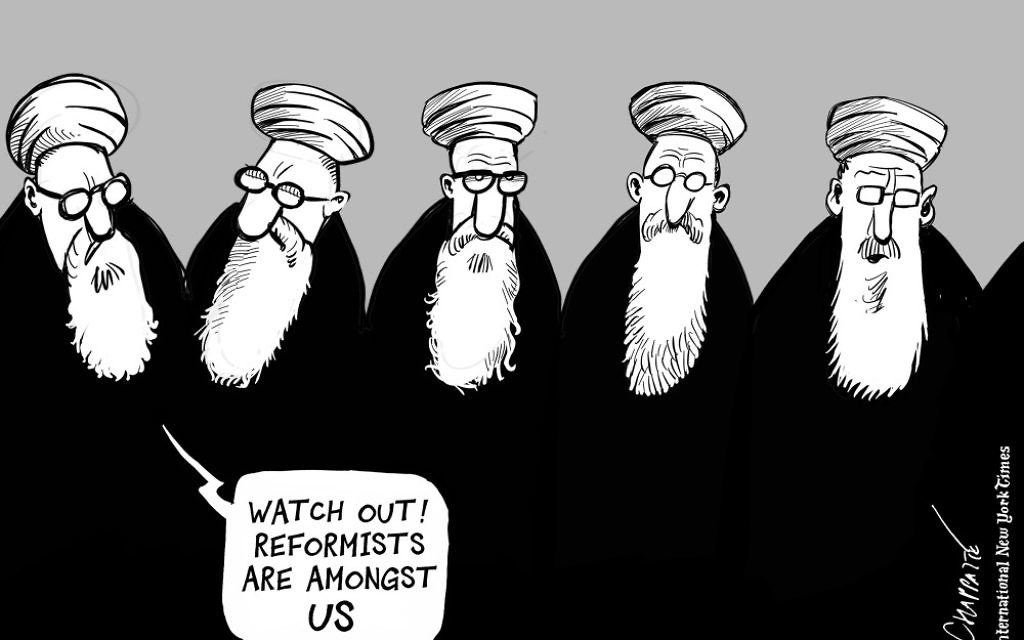Our Israeli Cousins – Editor’s Notebook
Three words strike terror into the Jewish community these days. No, not “President Donald Trump.”
Pew Research Center.
The Jewish community hasn’t recovered from the last time the folks at Pew turned their attention to us: in October 2013 with the release of a comprehensive survey of the U.S. Jewish population. Remember the shock that almost a third of millennials considered themselves “Jews of no religion,” no doubt related to the 58 percent of Jews married since 2000 whose spouse was not Jewish?
Get The AJT Newsletter by email and never miss our top stories Free Sign Up
Little in that survey was news to anyone paying attention. Outside the Orthodox community, all we had to do was look around the pews on a Saturday morning or pay attention to all the relatives of the bride or the groom who were bewildered by kugel to know that we had a problem keeping our youngest adults connected to Judaism.
That wasn’t a new issue in 2013; ever since we toppled college quotas and restrictions at social clubs and public accommodations — that is, removed the barriers to full assimilation — we’ve seen the negatives (a loss of communal unity) as well as positives (a much lower chance of winding up like Leo Frank).
Which brings us to the latest 200-plus-page report from Pew, this one examining Israeli Jews, based on surveys conducted last year. The report was released just hours before we went to press, so I’m not sure what will be the source of the inevitable gnashing of teeth.
Pew is presenting its findings as reflecting a deep religious split within Israeli society, typified by the fact that 89 percent of the self-identified Haredi in the survey said that halacha should take priority over democratic principles, while 89 percent of the self-identified secular Jews said democratic principles should take precedence over halacha.
Those appear to be incompatible views, and as Israeli society paradoxically becomes both more Orthodox (largely through birthrate) and more secular (because that’s just the way of the young in this interconnected world), there could be trouble ahead.
The same could be said for disturbing statistics about a growing number of Israeli Jews who want to expel the Arabs or who believe that the law should favor Jews over non-Jews and about the overwhelming majority who don’t think Muslims face discrimination even while most Arabs — Christian, Druze and Muslim — say otherwise.
But vibrant democracies —Israel’s about as lively as they come — tend to work these things out, even if it’s messy and involves postponing the confrontation over and over again. People will grumble privately and demonstrate publicly, and sadly a few crazies will resort to violence. But these are the growing pains of young countries, and the United States is in no position to judge.
The only numbers we American Jews have any control over are the ones involving our interactions with Israel, and most of those findings are positive. For example, similar numbers of Jews have traveled to each other’s country (43 percent of Americans to Israel, 39 percent the other way), and 59 percent of Israeli Jews said U.S. Jews have a good influence on Israel.
More impressive, 69 percent of Israeli Jews agree with me that a thriving Diaspora is essential to the survival of the Jewish people.
If you really need a number to fret about concerning our diverging futures, it’s this: 42 percent of U.S. Jews think “having a good sense of humor” is an essential part of being Jewish vs. 9 percent of Israeli Jews. And if you can’t laugh at that, you just have to cry.





comments